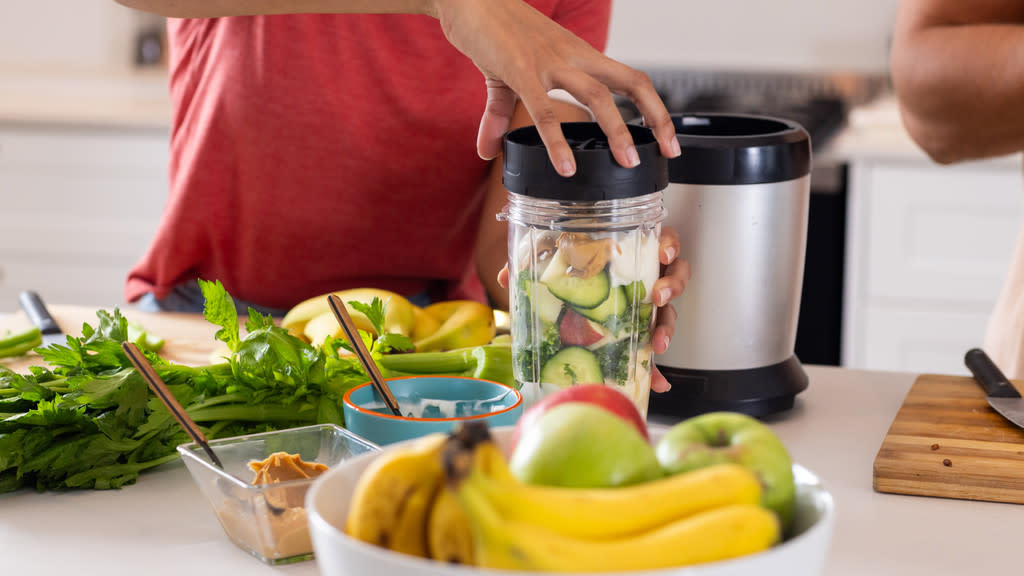Four ways to improve your diet

Nutrition is a vital component of health as it can boost your wellbeing, improve your ability to fight illnesses and more.
A healthy diet rich in vegetables, fruit, protein and healthy fats can help you feel your best.
Alison Cullen, Nutritional Practitioner and Education Manager at A.Vogel, has shared four tips to help you improve your diet.
Eat bitterly
Bitter foods, such as rocket and cabbage, can have a number of health benefits, including preventing acid reflux and supporting a healthy digestive system.
"The use of herbal bitters (and foods) to balance the production of gastrin and thereby regulate the production of digestive enzymes is long-standing in naturopathic and herbal medicine, hence the term 'bitter tonic' and the use of bitters as aperitifs," Alison explains.
She adds that by incorporating bitter foods such as rocket, artichoke, broccoli, Brussels sprouts, cabbage, cauliflower, asparagus, kale, radishes, ginger and olives into your diet, "You will notice you get fuller faster and will stay satisfied for longer, helping support a healthy digestive system."
Better blanch
Blanching your vegetables, which involves scalding them in boiling water before plunging them into iced water, makes it easier for your body to absorb the nutrients.
"If you are someone who regularly makes smoothies with a handful of spinach, try blanching it first. Spinach contains a compound called oxalate," the expert says. "This compound, often referred to as an anti-nutrient, can inhibit the absorption of important nutrients in the body."
Cold carb comfort
Although we are often warned not to eat too many carbohydrates, eating cold starchy foods can be beneficial.
"Potatoes often get a bad rap for being an unhealthy carb. Of course, potatoes are rich in carbohydrates and can raise blood sugar levels, due to the starch being digested quickly in the small intestine, causing all sorts of problems," Alison advises. "However, this only happens when they are eaten hot. When potatoes are cooked and left to cool, more resistant starch forms. Resistant starch is known as a prebiotic, which resists digestion in the small intestine and survives all the way to the colon. This prebiotic then feeds the good bacteria in the colon making your gut nice and happy."
Chew chew chew
When you eat, it is important to take the time to chew your food properly to avoid a whole host of digestive problems.
"How often do you guzzle down your food as you work from your desk, eat while you are driving, or eat while scrolling the internet? Did you chew your food or did it go down whole?" the nutritionist asks. "This type of eating can lead to all sorts of digestive problems like bloating, indigestion, gas etc... If we don't chew our food efficiently, the digestive system struggles to break the food down, impacting our overall health."

 Yahoo News
Yahoo News 
